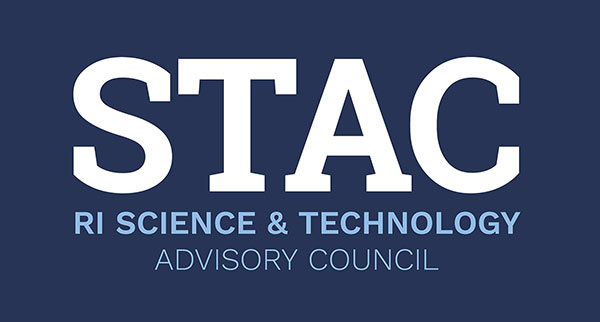RI Research Alliance
The RI Research Alliance awards Collaborative Research Grants through a competitive granting process with the goal of stimulating cutting-edge collaborative research projects across the State’s research institutions.
STAC Collaborative Research Grant Guidelines 2026
Opportunity now open
2026 CALL FOR PROPOSALS: A total of $500,000 in competitive funding is available to support a catalytic stage of interorganizational, interdisciplinary, collaborative research projects that are well positioned to attract substantial follow-on investment or have significant potential for technology development and commercialization.
Key Dates
LETTERS OF INTENT Due January 5, 2026
FULL PROPOSAL DEADLINE Due March 2, 2026
About RI Research Alliance
In 2006, STAC launched the RI Research Alliance to create a statewide platform to promote collaboration across the state’s research organizations. Since its inception, the Alliance has awarded over $11 million in state funds through a competitive granting process with the goal of stimulating cutting-edge collaborative research projects across the State’s research institutions. These grants advance projects that are collaborative across institutions, are well-positioned to receive follow-on federal or private venture funding, and that have significant commercialization potential.
About Collaborative Research Grants
Collaborative Research Grants support teams that are expanding RI’s research capacity and pioneering our future through new ideas, technologies and innovations.
The Collaborative Research Grant program provides funding to projects that focus on building research capacity across institutions and advancing the competitiveness of RI researchers to secure additional funding. Grants are also awarded to projects that contribute to current or future economic development of the state through technology development and commercialization or demonstrate strong translational components.
From 2007 through 2018, the program awarded approximately $11 million to over 75 teams throughout Rhode Island. The funding has supported projects to design high-tech toys for children with cerebral palsy, study algae blooms, develop new nanotechnologies and improve the design of prosthetic limbs. To date, awardees have attracted over $40 million in follow-on funding from public and private sources with additional dividends expected.
